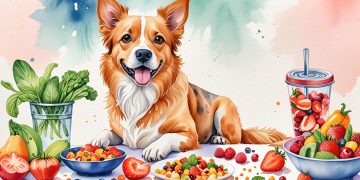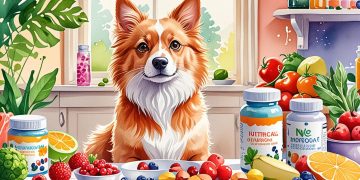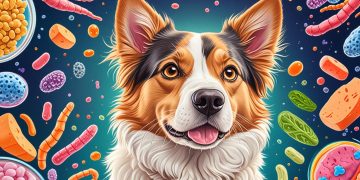Balanced nutrition is vital for pet health, influencing their physical well-being and longevity. A variety of nutrients, including proteins, carbohydrates, and healthy fats, support pets' immunity and energy. Tailoring diets based on age and activity level prevents health issues and fosters happier, healthier lives for our beloved companions.









